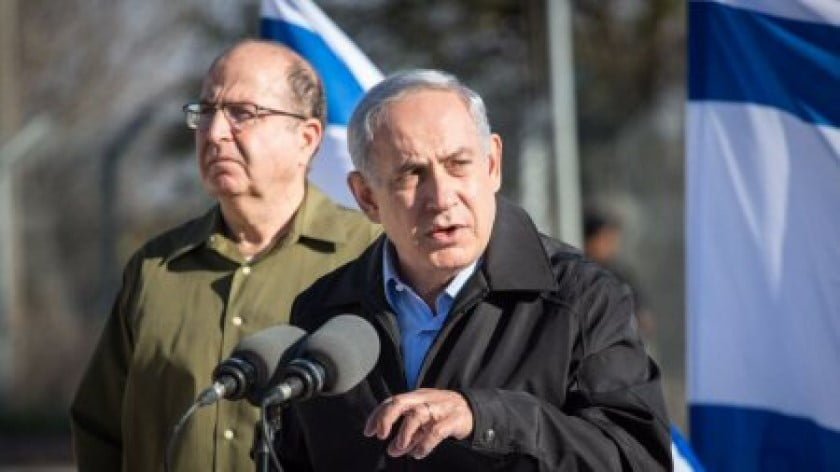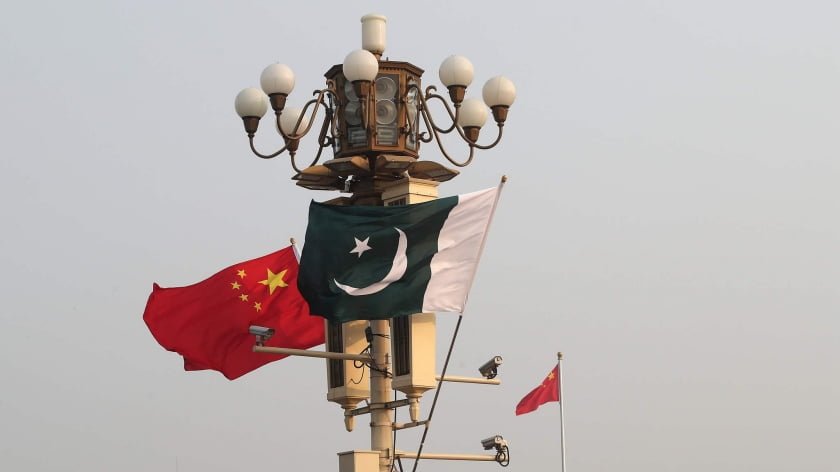Damascus’ Victory in the “Dash For Deir Ez-Zor” Might Dash the Kurds’ “Federalization” Plans
The “Race for Raqqa” might have long been over ever since the Kurdish-led “Syrian Democratic Forces” (SDF) reached the northern edge of Daesh’s so-called “capital” a few months ago, but that didn’t mean that the battle for northeastern Syria was anywhere close to finished. So long as the besieged desert town of Deir ez-Zor remained under the terrorists’ occupation and the small contingent of Syrian Arab Army (SAA) troops heroically held out there for the past couple of years, then Damascus always had a shot at regaining most of its sovereignty in this corner of the country. Even so, none of this could have been taken for granted, as the Kurds have been racing through the desert to attack this town just as they’ve done with Raqqa, all with the intent of capturing it so as to increase the odds that they can either annex it into their self-declared “federation” or “trade” it back to Damascus in exchange for the central government recognizing their autonomy.
Now, though, that plan has been dealt a major blow ever since the SAA beat the Kurds to Deir ez-Zor, though there is the possibility that the Kurds might still launch their own uncoordinated operation against it from the north. Either way, however, the point is that Damascus stopped the Kurdish advance south and beyond the Euphrates, and that it now has a chance to even cross the mighty river downstream in achieving a bridgehead that could later be used for liberating the Kurdish-occupied territories if the order was ever given. That’s what the “Dash for Deir ez-Zor” was always about, determining the post-Daesh battle lines between Damascus and the Kurds, and whether it would be the “natural border” of the Euphrates or if one side could get a cross-river advantage against the other like how the Kurds did with Manbij and Tabqa further upstream. The reason why all of this is important is because it will play a role in deciding Syria’s internal political arrangement after the war.
To elaborate a bit on this, the Kurds want to create a de-facto independent sub-state “federalized”, or internally partitioned, political entity all to their own, which perfectly overlaps with the US’ plans for entrenching its existing military presence in the heart of the Mideast via a proxy entity such as this one. If the so-called “Rojava” of northeastern Syria could be strategically linked with a newly independent “Kurdistan” in northern Iraq, then the US would succeed in its quest to establish a wide belt of forward-operating bases at the pivotal crossroads between Syria, Turkey, Iraq, and Iran, which in turn would enable it to indefinitely continue functioning as the most destabilizing divide-and-rule actor in this crucial region through the consecration of the “second geopolitical ‘Israel’” of “Kurdistan”. However, if Damascus emerges victorious in the “Dash for Deir ez-Zor”, then it has a chance to dismantle the illegal pro-American “federalized” entity on its territory so long as it can acquire a beachhead presence on the other side of the Euphrates River further downstream afterwards.
By Andrew Korybko
Source: Oriental Review







